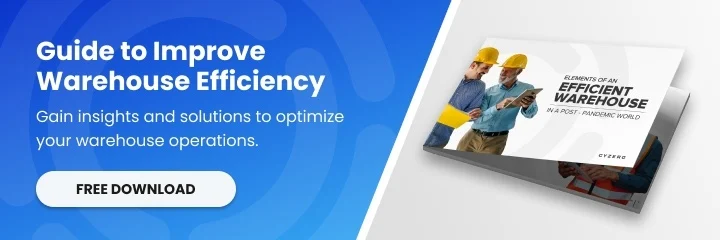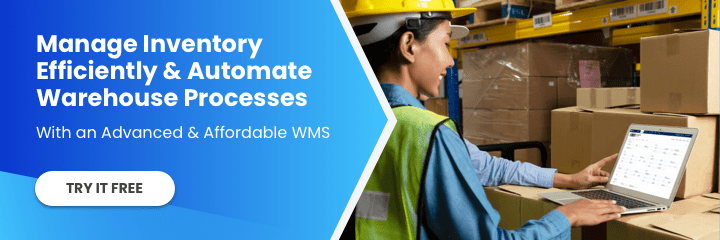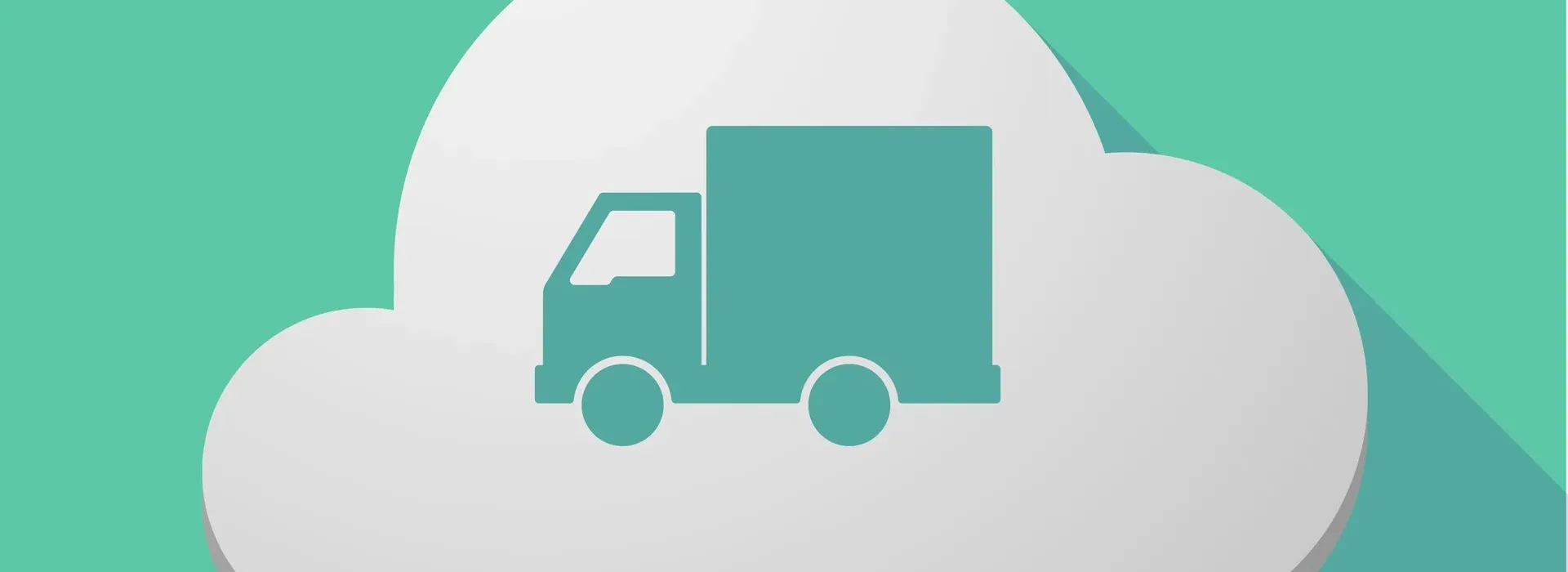A common issue for small and midsize logistics businesses is finding a way to remain cost-competitive without sacrificing service quality. Although it’s easier said than done, we often see that part of the answer lies in workforce productivity and technology.
Click Here: Improve Your Operational Efficiency and Uptimes with Managed IT Solutions Solution
We’ve noticed that companies leveraging cloud logistics technology solutions can reduce operating costs while increasing the level of service they provide.
But let’s take a step back.
How Can Workforce Productivity Help Increase Service Levels?
Well, if your employees are effectively managing their time, they will have the ability to prioritize customer needs and increase customer satisfaction.
To achieve this, it’s important to have an effective recruitment process that increases the likelihood of hiring “A-Players.” It also helps to have an employee recognition program (ERP) that reinforces good behavior and encourages employees to maintain high levels of customer service.
How Can Technology Increase Service Levels and Reduce Costs?
Assuring technology is reliable, and costs remain elastic is a big step towards increasing service levels and can be achieved by leveraging cloud logistics technology solutions.
The cloud has given small and midsize businesses (SMBs) the ability to tap into cutting-edge, reliable technology while keeping costs reasonable by allowing a-la-carte subscriptions where you only pay for what you use.
This model has turned cloud technology into a widely implemented solution across the supply chain & logistics industry, and its adoption will just continue to accelerate.
Cloud Computing & Storage Adoption Rates
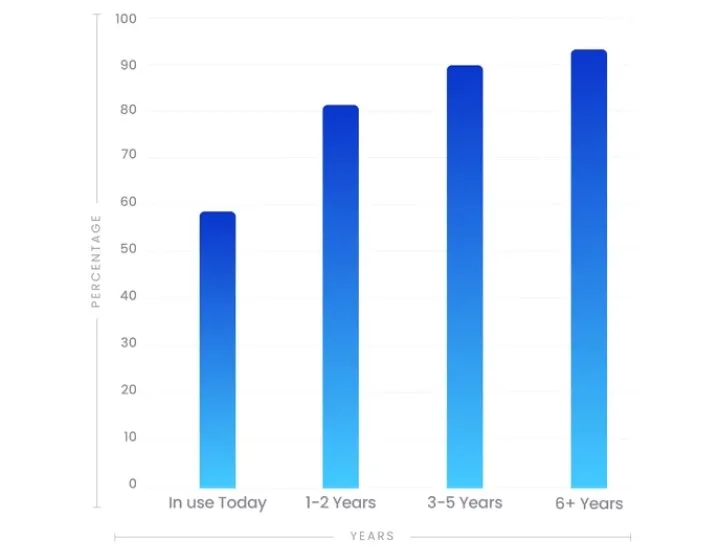
Source: MHI Annual Industry Report 2020
In this article, we’ll review four cloud-based logistics technology solutions essential to SMBs.
WMS/TMS Software as a Service
Cloud-based warehouse management software (WMS) and transportation management software (TMS) allow companies to pay for the licenses on demand. Previous licensing models forced businesses to pay upfront for a fixed number of licenses regardless of whether or not those licenses were used. The type of cost elasticity offered by on-demand licensing allows businesses to avoid unnecessary expenditures and lower their operating costs.
Cloud-based are also more reliable than in-house solutions because – for the most part – cloud WMS/TMS are hosted on enterprise server infrastructures and run from data centers that protect systems and data against power outages, natural disasters, and other harmful occurrences.
It’s important to conduct thorough evaluations before considering any cloud WMS/TMS solution. Here are some important questions to consider when evaluating vendors:
- Where is the vendor hosting their systems (data center or office)
- Is the system running from one data center or across multiple?
- Is the data replicated across multiple data centers, or is it only stored at one?
- What is the plan if the main data center fails? Will the system continue to run from another? If so, does the switch happen automatically?
- What security or compliance standards are in place to guarantee the safety of your systems and data?
CRM Software as a Service
Customer Relationship Management (CRM) vendors are also shifting to the cloud. Cloud-based CRMs offer the same cost elasticity and reliability inherited by all cloud technologies.
However, besides the inherent benefits of cloud computing, CRM cloud systems also increase business agility and workforce mobility, thus increasing service levels and business productivity.
Increase Business Agility: Companies spent hundreds of hours implementing a CRM (from the idea stage to actual deployment), thus slowing down business operations. With cloud CRMs, businesses can go from conception to implementation in a few days.
Businesses can also increase their agility by having access to the latest software features without having to disrupt business operations or having to go through lengthy update processes.
Increase Workforce Mobility: One of the most important benefits of a cloud CRM solution is the mobility provided to the sales team.
Most cloud-based CRM solutions allow users to access sales opportunities, pending sales, and customer records from anywhere through a smartphone or tablet. This functionality is provided via an app or a browser to access a mobile-friendly software version.
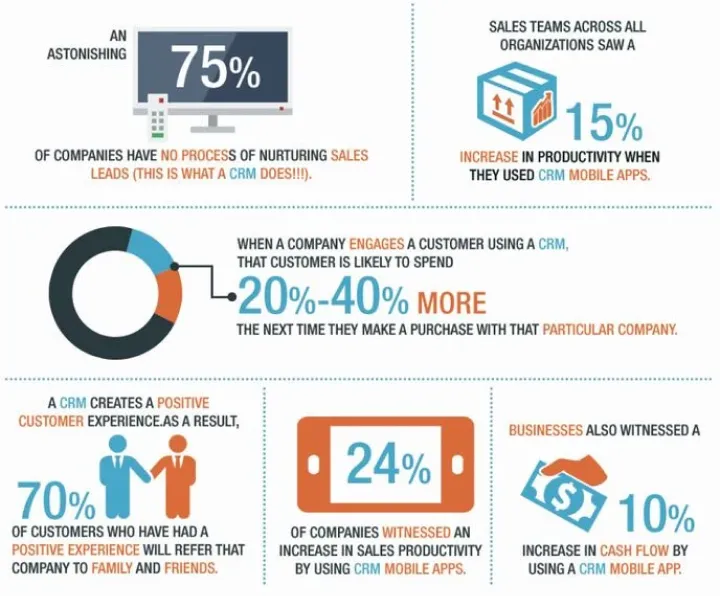
Source: HubSpot
Cloud-Based Phone Systems
Many businesses are still not aware of the benefits that come with cloud-based and voice over IP (VoIP) phone systems.
Companies that are still using outdated phone systems are missing out on cost-saving opportunities, flexibility, and the ease of operation that cloud and VoIP phone systems provide.
Here are some examples of how cloud-based phone systems can reduce operating costs and increase service levels:
Cost Reduction: While established phone companies charge ridiculous prices for phone systems with basic functionalities and bad customer service, cloud-based phone providers offer lower prices for better service.
Some providers offer offers from as low as $12.50 to $24.99 per extension. The ability to make calls over the internet (voice over IP) lets you bypass long distance charges, thereby allowing businesses to significantly reduce their phone bills (especially those with offices overseas).
Mobility and Rich Functionalities: As you may have gathered by now, cloud phone providers use voice over IP (VoIP) technology, which allows users to make and receive calls using the Internet from any computing platform.
Using a network-capable desk phone, tablet, smartphone, or computer with softphone software, everyone in the organization can have calls from anywhere as if they were sitting at the office.
Cloud-based phone systems also provide some bonus functions, including the following:
- Ability to send and receive faxes from a computer (eFax)
- Ability to seamlessly pass a call between devices
- Private instant messaging
- Call recording and monitoring
- Auto-attendants/virtual receptionists
Cloud-Based Email Systems
For six to eight years, businesses have moved from in-house hosted emails to cloud-based email systems.
While some companies might see the recurring cost as a problem, they may not realize the hidden cost of an in-house email server.
In-house email systems require physical servers, licenses, backups, and technical support. When the system goes down, customers’ perceptions of the level of service the business provides are heavily impacted.
On the other hand, cloud-based email systems can help reduce implementation and maintenance costs while allowing companies to pay only for what they need, when they need it.
Speaking of system downtime… How do you think customers feel about receiving this message?

Email has become a standard communication medium (just like phones), and customers don’t appreciate delivery failure notifications.
Cloud-based email systems are hosted across multiple servers and data centers, so when one system fails, the other takes over, and emails never go down.
As for data security, these systems are protected by advanced spam filters and firewalls that small and midsize companies normally wouldn’t be able to afford. So, the cloud is pretty secure when compared to the IT capabilities and expertise of smaller organizations.
Summary
Cloud logistics technology solutions provide a unique opportunity for small and midsize organizations to use the same technology that was previously only available to large companies.
It allows you to use what you need when needed and avoid large initial investments once associated with implementing technology.
Bonus: Cloud systems also come with experts to manage and maintain systems and data, which guarantees less technology disruption and allows your business to provide high levels of service. And isn’t that what this is all about?
If you want to learn about warehouse digitalization and optimizing warehouse processes, you can follow us on LinkedIn, YouTube, X, or Facebook. If you have other inquiries or suggestions, please contact us here. We’ll be happy to hear from you.

